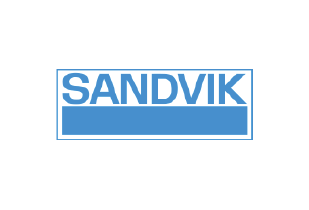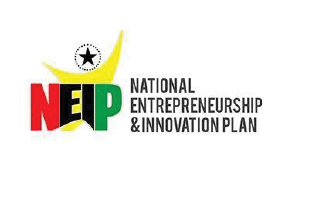[vc_row row_type=”row” use_row_as_full_screen_section=”no” type=”full_width” text_align=”left” box_shadow_on_row=”no”][vc_column][vc_column_text]Artificial intelligence (AI) is neither friend nor foe – It’s both!
This was the feedback received following a high level panel discussion held during the Science Forum South Africa (#SFSA2017) in Tshwane, were youth members from various African states exchanged their views and ideals as to how best they, business and government need to approach the digital age.
“There is a paralysing fear that jobs will be taken away and humans will become redundant and lazy”, said Barbara Glover of NEPAD Planning and Coordinating Agency.
Glover added that these fears need to be allayed by understanding how best AI can unlock enhanced potential for humans to deploy their skills in new ways.[/vc_column_text][vc_video link=”https://youtu.be/uCCbzkRlQBk”][vc_column_text]Ama Duncan of Corporate Training Solutions in Ghana agreed. “We need to educate our labour force in a different way that will allow them to grow and develop new talents and abilities to instruct AI and be the creators of the revolution.”
Education has been highlighted as a panacea to incorporate the culture of working with robotics, especially for a future job market which may see its employees changing careers at least three times.
However challenges remain as not all African’s are exposed to the same level of technology. Those who are often left behind in the skills gap and lack exposure to various technologies, are those who live in rural areas.
“Many children living in the outskirts of urban areas, only have cell phones and TV’s as their main touch points of technology and innovation we need government to investment in adequate infrastructure to ensure that members of the rural community can also compete with their urban counterparts,” said Dr Zamantungwa Khumalo of The Future Leader Youth Development Programme.
Digitalisation is not just an African problem; Admiral Joe Sestak of First Global believes that whilst developed economies have made some strides in incorporating technology in their day to day lives, emerging and frontier markets like those in Africa possess the potential to advance further than there western peers.
“There is an innate ability for Africans to innovate as they are not restricted by barometers regarding ‘how things should be done’. With the right education and development of skills African youth can be the pioneers of the digital revolution,” said Sestak.
These bold commitments were shared at the SFSA where several other government leaders were present. Deputy President of South Africa, Cyril Ramaphosa together with representatives from the African Union, The Department of Science and Technology , NEPAD Planning and Coordinating Agency, as well as Ministers from Angola, Botswana, the Democratic Republic of Congo, Jamaica, Namibia, Uganda and Swaziland, once more cemented their commitment to strengthen Pan-African cooperation in science and technology to advance regional integration, peace, social cohesion, inclusive development and global partnerships.
The next industrial revolution will certainly be an inclusive partnership that will see leaders of the science community encouraging young people to be more empowered to participate.[/vc_column_text][/vc_column][/vc_row]













